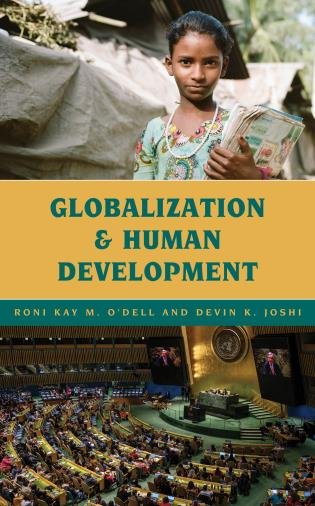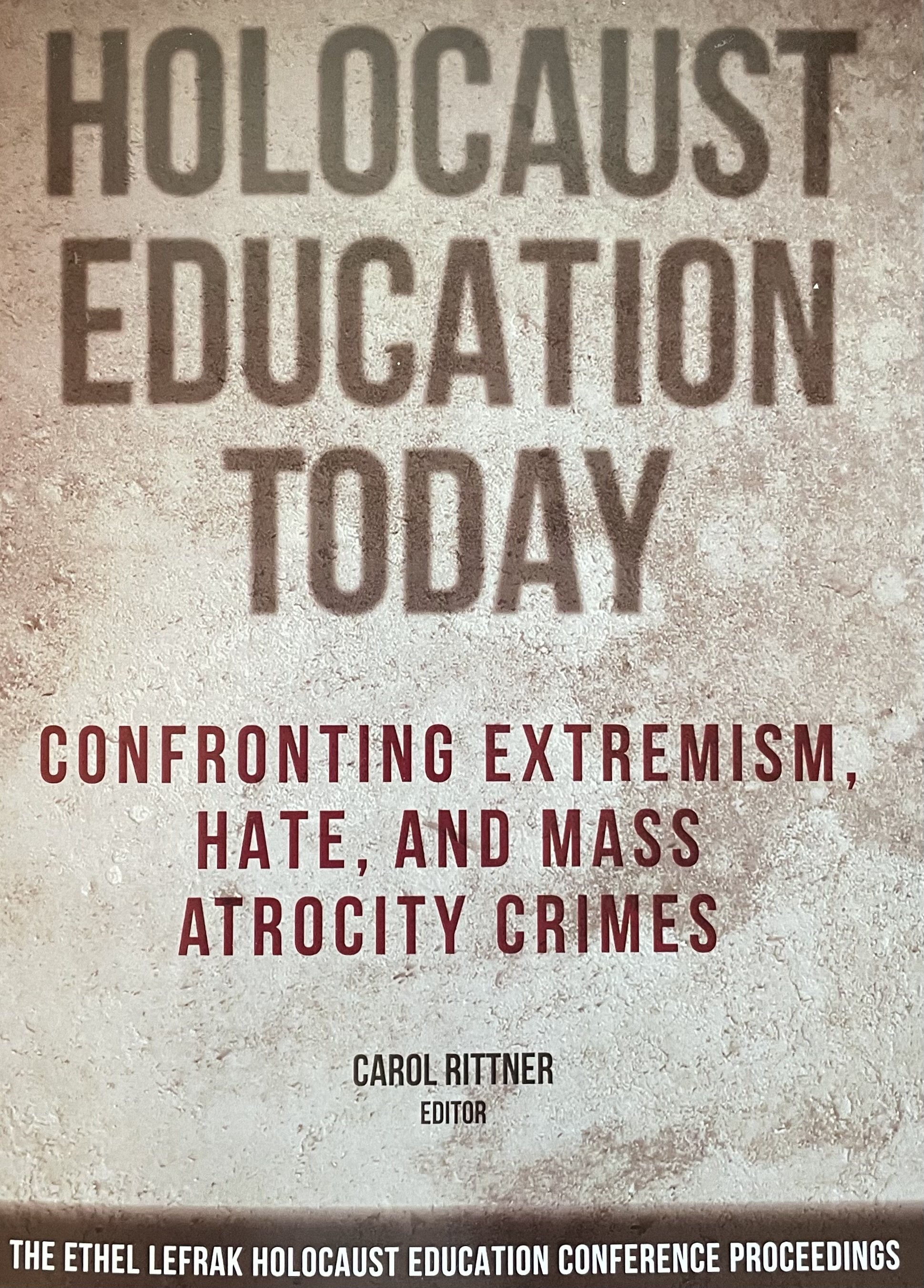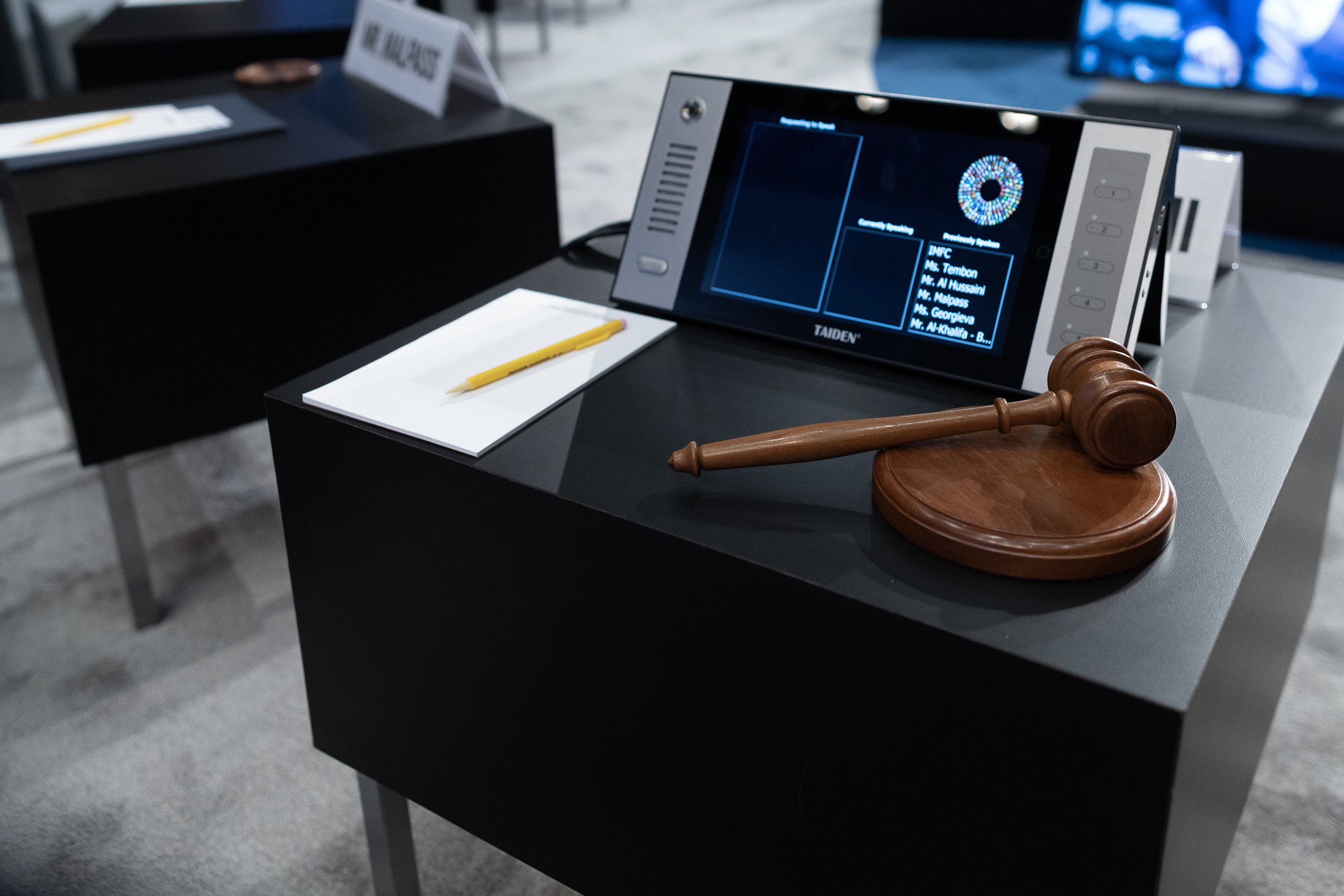Publications
All currently published works are available at the links below. If you are having difficulty accessing a publication please reach out via the contact form.
Globalization and Human Development
Globalization and Human Development
Globalization and Human Development
by Roni Kay M. O’Dell and Devin K. Joshi, Rowman and Littlefield, February 2024
The book presents the history of how and why the idea of human development--that of expanding people's freedom to live the lives they have reason to value--is now crucial to the way that we think and act in the creation of policy and in international relations and international development more generally. It tells the stories of how humans are striving to make their lives better, to thrive in the world, and about humans who are working to make the world a better place. The stories are wide ranging, but address specific challenges and issues. Chapter 1 opens with a discussion of an 11-year old Palestinian boy who became famous on tik tok in 2020 for rapping videos he posted. His music expresses a desire for peace and prosperity, something he has not yet experienced in his short life. Another chapter tells the story of a young woman from Pakistan and how she continues to advocate for girls' education more than a decade after she almost lost her life for doing so in Pakistan. A chapter later in the book discusses the challenges of access to health care through the perspective of a man who brought education on infectious diseases to Nigeria and whose organization has expanded to promote education awareness across sub-Saharan Africa.
“Training for the United Nations in the Twenty-First Century; Professionalism Training on Leadership, Negotiation, and Gender for Model United Nations Simulations”
by Roni Kay M. O’Dell, Ariana Scott, Mark Nealon, and Brianna Franzino in International Studies Perspectives, first published online May 2023
Abstract: The world needs people who understand the crucial importance of global governance. Training students to participate in a Model United Nations (MUN) simulation provides them with the critical thinking, negotiation, and diplomacy skills that prepare them to work in international relations positions and address negotiation and diplomacy challenges. This article provides a fresh look at why MUN is important by analyzing MUN training guides used to teach students how to participate in MUN simulations.
“Is Amnesty International Still a Grassroots, Member-Led Organization? An Assessment of Its Democratic Viability”
by Roni Kay M. O’Dell and Linda Veazey in Journal of Human Rights Practice, Volume 15, Issue 1 (2023); pages 186-203.
Abstract: Amnesty International’s (AI) democratic organizational structure sets it apart from other human rights organizations in terms of member-led governance and policymaking, but professionalization trends and organizational consolidation challenge AI’s founding democratic principles. This article assesses AI’s continued democratic viability by analyzing changes to its governance and policymaking procedures at the AI United States section level as well as the AI international secretariat.
Global Politics: A Toolkit for Learners
by Roni Kay M. O’Dell and Sasha Breger Bush, published by Lexington Press, Rowman and Littlefield (2021)
Abstract: Global Politics: A Toolkit for Learners is an innovative and exciting new learner-centered approach to the study of international relations. Leveraging decades of in-class teaching and learning experiences, authors Roni Kay M. O’Dell and Sasha Breger Bush have developed evidence-based teaching and learning practices which support a scaffolded, skills-oriented approach. Each chapter introduces historical documents from key political events, important concepts and the techniques learners need to independently and actively engage with primary sources. Readers are encouraged to develop a personal connection with global issues, to consider matters of justice, freedom and equality, and to think critically about possibilities for social transformation in the global arena.
“Global Governance”
by Roni Kay M. O’Dell in Elgar Encyclopedia of Development, pages 279-283, edited by Matthew Clarke and Xinyu (Andy) Zhao, published by Edward Elgar Publishing (2023).
Abstract: Dr. O'Dell reviews the history, structure, tools, and challenges associated with global governance, a term she defines as humans "making political, economic, and social decisions about how they live in the world [and] work together across political borders and geographic or cultural barriers to address shared threats or achieve shared goals." Understanding the history of global governance gives insight into the challenges our world faces today. Dr. O'Dell ends the discuss with a call to action, to update our global governance institutions to meet the needs of our current environment: "If humans are to survive, thrive, and protect the Earth’s resources for the present and the future, they must respond adequately to current global threats and be ready for challenges of a completely different nature in the centuries to come."
“Refugee and Migrant Rights: A Human Rights Perspective”
by Roni Kay M. O’Dell in Holocaust Education Today; Confronting Extremism, Hate, and Mass Atrocity Crimes, edited by Carol Rittner.
Abstract: All humans desire and deserve to belong. This paper analyzes the present refugee and migration crisis facing the world. It assesses international and human rights law related to the rights and status of migrants and refugees. The social, political, and economic environment that created current international laws has changed with the end of the Cold War and the challenges of globalization. International and national laws and norms must catch up. Current laws and norms do not adequately protect either refugees or migrants, putting people who fall under those categories in precarious, vulnerable positions and affecting their lives for years, decades, or generations.
“Teaching about Poverty and Inequality; Critical Pedagogy and Personal Experience in the Learner Centered Classroom”
by Sasha Breger Bush and Roni Kay M. O’Dell in International Journal of Pluralism and Economics Education Volume 91, Issue 1-2 (2018); pages 81-105.
Abstract: We argue that teaching students about poverty and inequality requires three foundational pedagogical insights and practices: 1) engaging students in dialogue; 2) building on personal experience and fostering empathy; 3) helping students to visualise action in overturning oppressive societal structures. Each is required to build an integral and powerful foundation for teaching about poverty and inequality in the college classroom. This paper reviews the foundational theoretical and evidence-based literature to suggest that poverty and inequality must be taught in dialogical, experiential ways. We detail four, successful, pedagogical activities that help students learn about poverty and inequality by engaging with personal experience: two budgeting exercises; one simulation activity; and one expansive activity that allows students to engage deeply, critically and comparatively with the personal experiences of others (via, e.g., oral histories, interviews, and photography).
“The Critical Role of Mass Media in International Norm Diffusion: The Case of UNDP Human Development Reports”
by Devin K. Joshi and Roni Kay M. O’Dell in International Studies Perspectives Volume 18, Issue 3 (2017); pages 343-364.
Abstract: What role does mass media play in the promotion of global norms? We address this question through an analysis of Human Development Reports (HDRs) produced by the United Nations Development Programme. Although HDRs have promoted human development ideology over the past twenty-five years, little is known about how and to what extent their messages have been disseminated to the public. Addressing this gap in the literature, we examine a critical intervening factor in the process of international norm diffusion: political communication via the mass media.
“UNDP Human Development Reports Changing the World: A Review of the First 25 Years (translated into German: Wie die Berichte über die menschliche Entwicklung die Welt verändern)”
by Devin K. Joshi and Roni Kay M. O’Dell
in Veriente Nationen Volume 63, Issue 1 (2015); pages 15-20.
“Global Governance and Development Ideology: The United Nations and the World Bank on the Left-Right Spectrum”
by Devin K. Joshi and Roni Kay M. O’Dell in Global Governance: A Review of Multilateralism and International Organizations, Volume 19, Issue 2 (2013); pages 249-275
Abstract: This article compares the development ideologies of the United Nations and the World Bank by placing them on the left-right spectrum. It reviews previous ideological assessments of the two organizations and applies qualitative and quantitative content analysis of annual World Development Reports published by the World Bank and Human Development Reports issued by the United Nations Development Programme to examine their development discourse. Analysis of fifty-seven reports from 1978 to 2011 reveals two major findings. First, the World Development Reports have continuously articulated a development discourse to the right of the Human Development Reports. Second, there is clear evidence of convergence in the reports over time toward the political center.
New Perspectives on the Independence of International Organizations: How Do They Influence Peacebuilding and Good Governance?
by Roni Kay M. O’Dell in Global Governance: A Review of Multilateralism and International Organizations, Volume 18, Issue 4 (2012); pages 477-490.
This review essay analyzes several recent publications about the United Nations, global governance, and human rights.









